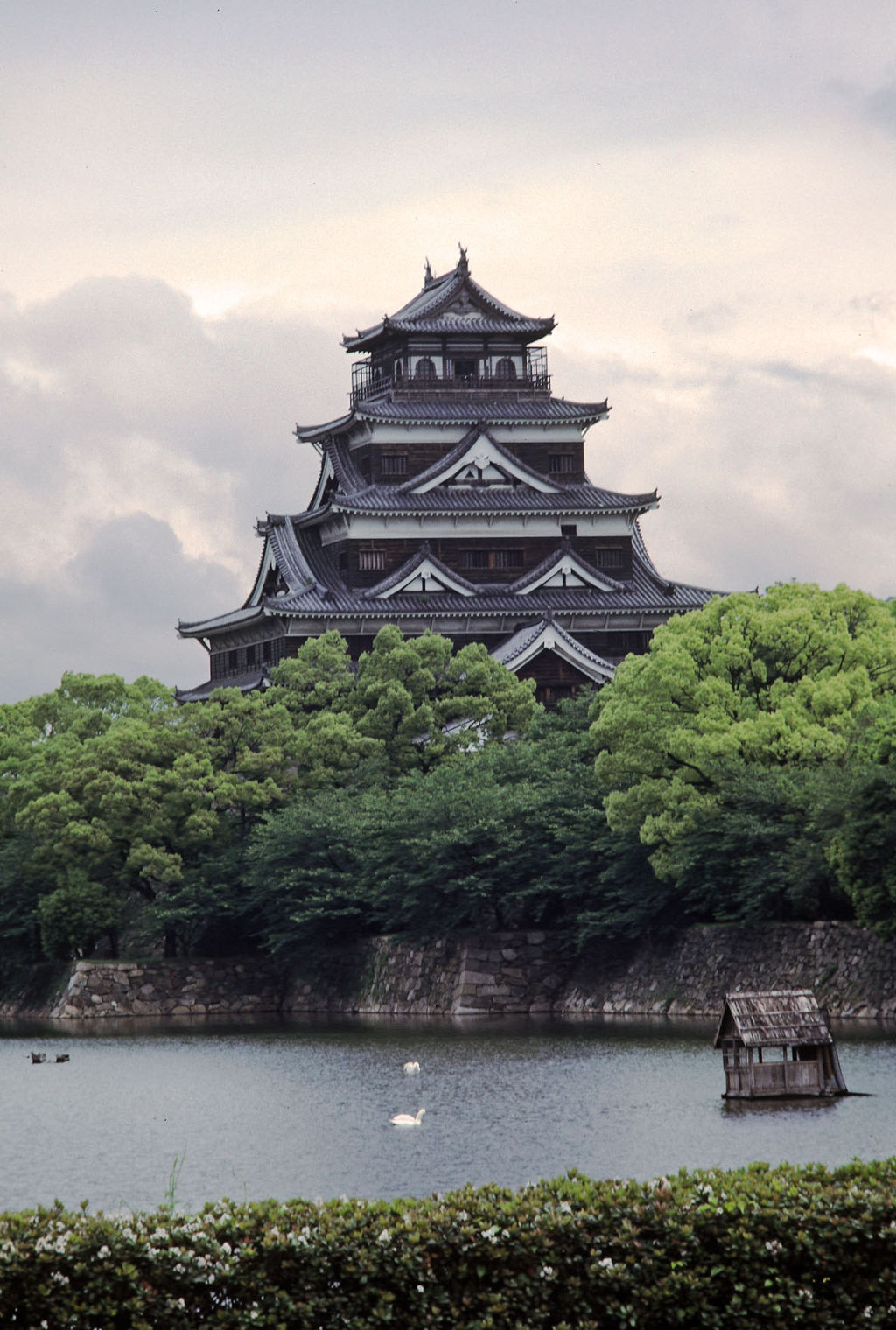Overall Score
The Japanese city of Hiroshima has an ancient history. The first settlers settled in the area of the future city on the river Ita. This is evidenced by the many traces left by ancient people. Because the area of the present-day city was still forming in ancient times, the settlement was constantly changing its appearance. For some time, a Japanese granary was located on one of the islands. In 1589, Tirumoto, head of the Morye clan, ordered a new castle to be built in the mouth of the Otta River. Nearby, the village of Hirroroma, which means wide island, begins to form. In the seventeenth century the city passed into the possession of the city of Assano. Initially, the city and the city were in a difficult position due to the economic crisis and the inefficient leadership of the Asano family. But roughly in the middle of the eighteenth century, a series of important reforms were carried out, making it one of the most prosperous cities in Japan. A port was built, many industries were built, and taxes were lowered, making their collection more efficient. A ban on the russkosh was introduced, new able administrators were brought in, and the fight against corruption began. In the 1830s, however, the city was brought back to crisis by food shortages. During the administrative reforms, the district was the first to become a city. It is also the seat of the General Staff, which for some time has been the seat of the Japanese Parliament. The importance of the city during this period and in the 1940s was unprecedented.
In 1945, the American command decides to bombard several Japanese cities to counter the enemy. On August 6, a bombardier with one bombardier on board flew into the sky. At about 8:15 a.m. an atomic bomb exploded in the sky over the city. As a result of the bombardment, the city was practically wiped out, killing 70,000 people. Because they didnt know about the contamination at the time, the dead inhabitants repopulated the city.
Modern Chiroshima has many interesting features. Much of it was restored after the bombardment. There are many memorials to victims of the atomic bombing.
Overall Score
- Air quality: 61 US AQI Moderate. Air quality is acceptable. However, there may be a risk for some people, particularly those who are unusually sensitive to air pollution.
- Tap water: Yes, safe to drink
- Religious government: Non-religious
- Population: 1,200,000 people
- GDP: $38,640 / year
- Foreigners can own real estate: Yes
- Power outlets: 115V60Hz

- Internet: 31 Mbps
- Best wireless: Soft Bank
- Pay without cash: Yes, cards OK almost everywhere
- Tipping: Overall, tipping in Japan is not customary. The Japanese culture is one that is firmly rooted in dignity, respect, and hard work. As such, good service is considered the standard and tips are viewed as unnecessary.
- Apartments: Airbnb
- Hotels: Booking.com
- More hotels: Hotels.com
- Best taxi: Line Taxi
- Best coworking space: Shakehands
- Online electronics shop: Amazon
- Best short-haul air carrier: All Nippon Airlines
- Best intl air carrier: Japan Airlines
- Monthly costs for expat: $1800
- Monthly costs for family: $3900
- Monthly costs for local: $1100
- Meal: $8
- Small Cola: $1.2
- Beer 1 Pint: $6.5
- Coffee: $3.5
View Larger Map

